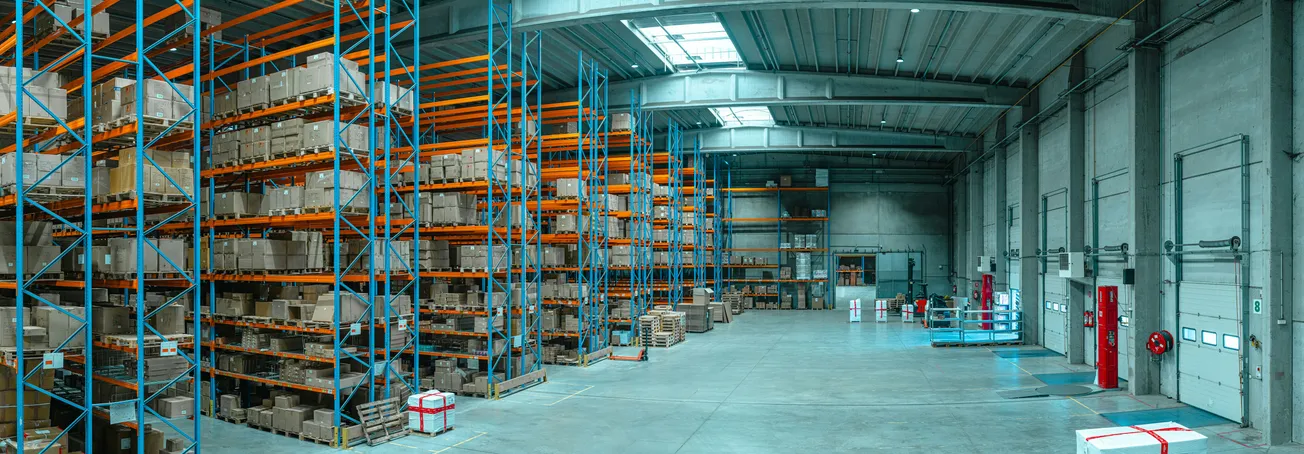In the face of tight deadlines, escalating budgets and a global skills shortage, businesses in construction, infrastructure and real estate are exploring innovative solutions. A significant strategy emerging as a game-changer is partnering with offshore firms to hire skilled engineers in India, leveraging the country's vast talent pool and cost-effective services.
The Advantages of Offshore Engineering Partnerships
Partnering with offshore firms in India offers a compelling solution for companies looking to optimize their operations. This approach allows businesses to tap into a large, skilled workforce while significantly reducing costs and enhancing project delivery timelines.
- Cost Reduction: Lower operational expenses through reduced labor costs, elimination of employee benefits and infrastructure investments and flexible contract terms.
- Access to Talent: Gain access to over a million engineering graduates annually, with expertise in various disciplines like civil, structural, mechanical, electrical and architectural design.
- Increased Efficiency: Accelerate project timelines, reduce bottlenecks and achieve near 24/7 productivity by leveraging different time zones.
- Scalability and Flexibility: Easily scale engineering support up or down based on project needs without the complexities of traditional hiring and layoffs.
- Quality and Compliance: Reputable offshore providers adhere to international standards, utilize industry-standard software and ensure data security.
A Balanced Path to Growth
By minimizing overhead while maintaining quality, offshore partnerships enable businesses to take on more projects and meet tighter deadlines without sacrificing compliance or fairness. These arrangements can improve profitability and cash flow, while also providing Indian engineers access to global projects and career growth.
Offshoring has evolved beyond cost-cutting into a strategic collaboration model, helping companies grow while contributing to the development of skilled professionals worldwide. Done thoughtfully, it represents a smarter, more sustainable way to expand capabilities in a competitive market.









